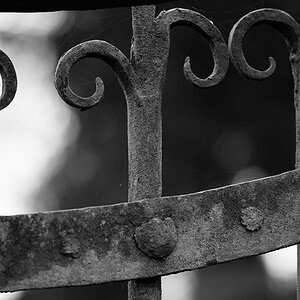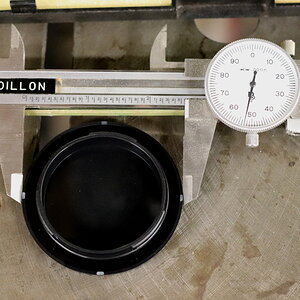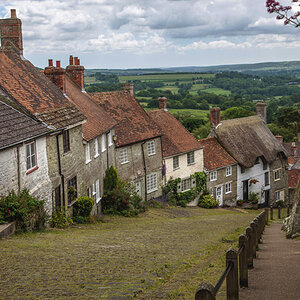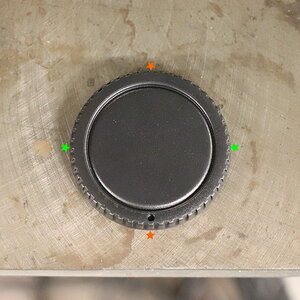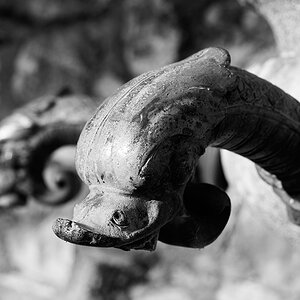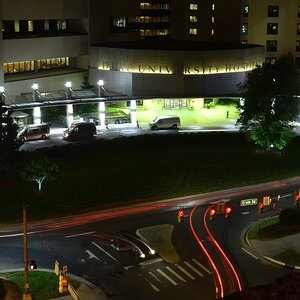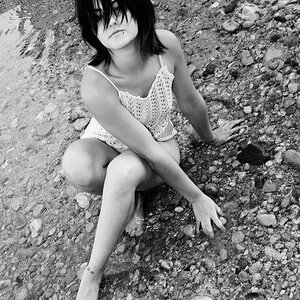Bifurcator
TPF Noob!
- Joined
- Jun 1, 2008
- Messages
- 3,312
- Reaction score
- 1
- Location
- Japan
- Can others edit my Photos
- Photos OK to edit
So, to answer my question. If you can use live view mode and shoot video in live view mode, then there must be two sensors.
No, of course not.


